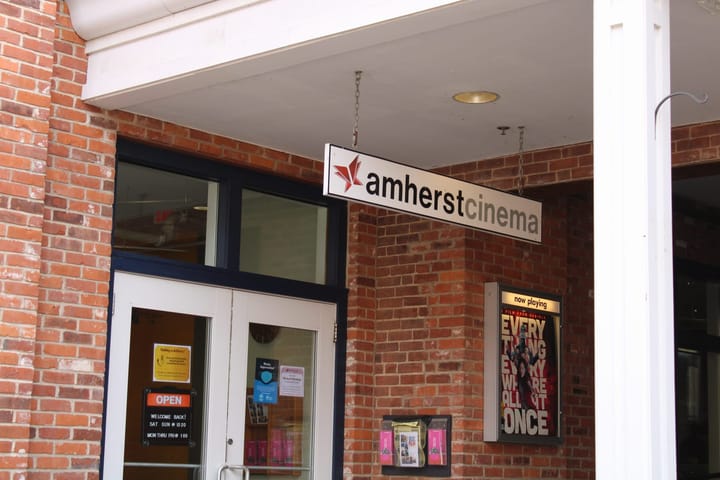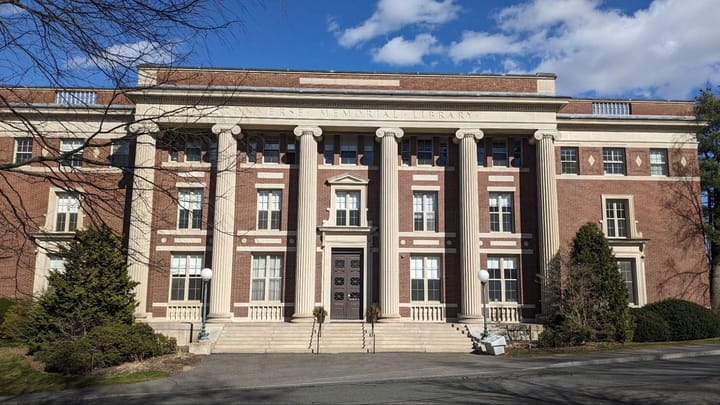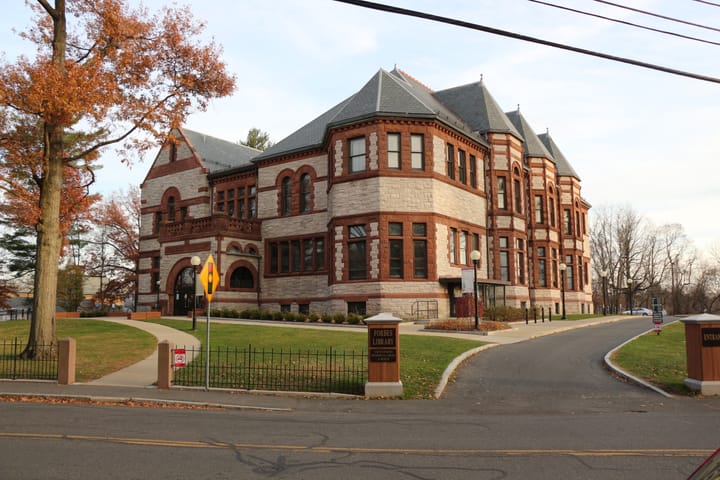Walk for Mental Health Funds Made Available for Student Projects
Students, faculty and staff can now request funding from the newly-established Community Mental Health Fund for projects intending to promote positive mental health on campus.
The fund, announced more than a year after the first fundraising effort in May 2018, contains half of the money raised from the last two springs’ Walks for Mental Health.
The portion of the money raised by the annual walk that will not go into the Community Mental Health Fund will support Mental Health Awareness Week, held in the first semester of each academic year. This semester, the week will begin on Sept. 23.
The decision to allocate the funds was made by a committee of students and staff who were involved in planning last spring’s walk.
The annual walk, which was established after the death of Christopher Collins ’20 by suicide in March 2018, raised $25,000 in its first year. About 400 students, staff and faculty have participated in the walk in each of the past two years. The walk was spearheaded by students from Active Minds and the Presidential Task Force on Diversity and Inclusion; it was a collaborative effort that included the Association of Amherst Students, Facilities, Student Activities, Mental Health Promotion, the Amherst College Police Department and Communications. It was initially funded by the President’s Office.
All members of the college community are invited to request between $500 and $3,500 from the fund to use for projects of their own design. Requests for funding will be reviewed by a committee that will include students from Active Minds and AAS, the Presidential Task Force on Diversity and Inclusion and Jessica Gifford, associate director of mental health promotion. All funds not designated to projects will roll over to the following year.
Gifford said that the fund was established in the hopes that it would “encourage community members to think creatively about possible avenues of impact.”
“We encourage students to partner with staff and faculty on their projects, and vice versa,” she said. “We can also help connect students to appropriate resources to help support successful implementation of the project.”
Gifford noted that funding requests for projects involving collaboration across campus groups will be given priority. “We are deeply concerned about mental health issues on our campus, as well as nationally and globally,” Gifford said. “This is a complex problem that can’t be solved by any single office or department, and we envision the fund will support interdisciplinary projects, and projects that bring together different constituencies, to create positive change in our community,” she said.
Nicole Fortune ’20, who is co-chair of Active Minds and helped plan the walks and participating in creating the Community Mental Health Fund, said the development of the fund is a culmination of change in mental health discourse on campus.
“I think the community has and will continue to benefit from having the walks and the fund,” said Fortune. “Just seeing people turn out to walk for the past two years and raising more awareness about resources like the Counseling Center has made me feel like we’ve done a bit to start a change and help people on campus.”
Gifford is also optimistic about the effectiveness of the fund as a community tool for change. “Every one of us has the power to make a difference,” she said. “We hope the fund will be used to amplify that power.”





Comments ()